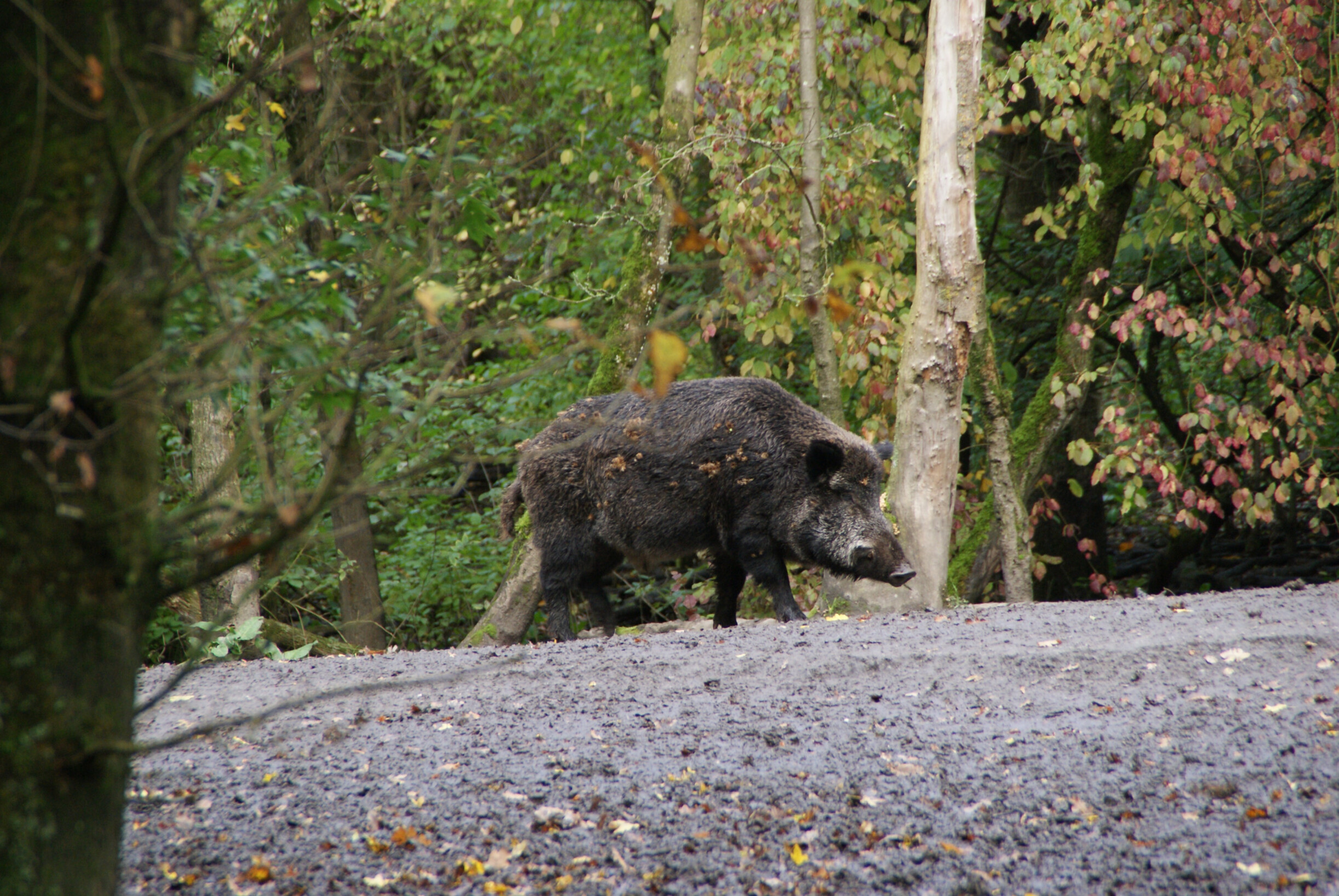Scientists have long known that only live virus can work as a vaccine against PsA. However, when a weakened virus was used to vaccinate pigs in Spain and Portugal in the 1960s, the animals sometimes became very sick.
This is because the virus changes shape as it reproduces in animals, sometimes becoming weaker and other times stronger.
Part of the story is that PsA is caused by a very large DNA virus — it has 180 genes — compared to 10 genes in the Covid-19 virus, for example. This allows ASF to take on new forms in animals.
“For a long time we didn’t even look for a vaccine because we knew the problems a bad vaccine could cause to animals,” Sanchez Vizcaino said.
Then something happened. In the past decade, advances in genetics have allowed scientists to better understand the virus and the means to alter its genome.
Researchers used new gene-editing tools to reduce viral DNA until they were left with only the basics. They created a virus that was a sample of what used to be, with a handful of immunologically selected genes to inject into pigs enough to give them immunity.
This is the vaccine that will be used in the planned study in Hungary. The same vaccine, in smaller doses, should be sufficient for pig farms, if needed.
“Wild boars are more resistant to African swine fever, so we can use higher doses of the vaccine for them,” Sanchez Vizcaino said.

“Writer. Analyst. Avid travel maven. Devoted twitter guru. Unapologetic pop culture expert. General zombie enthusiast.”

